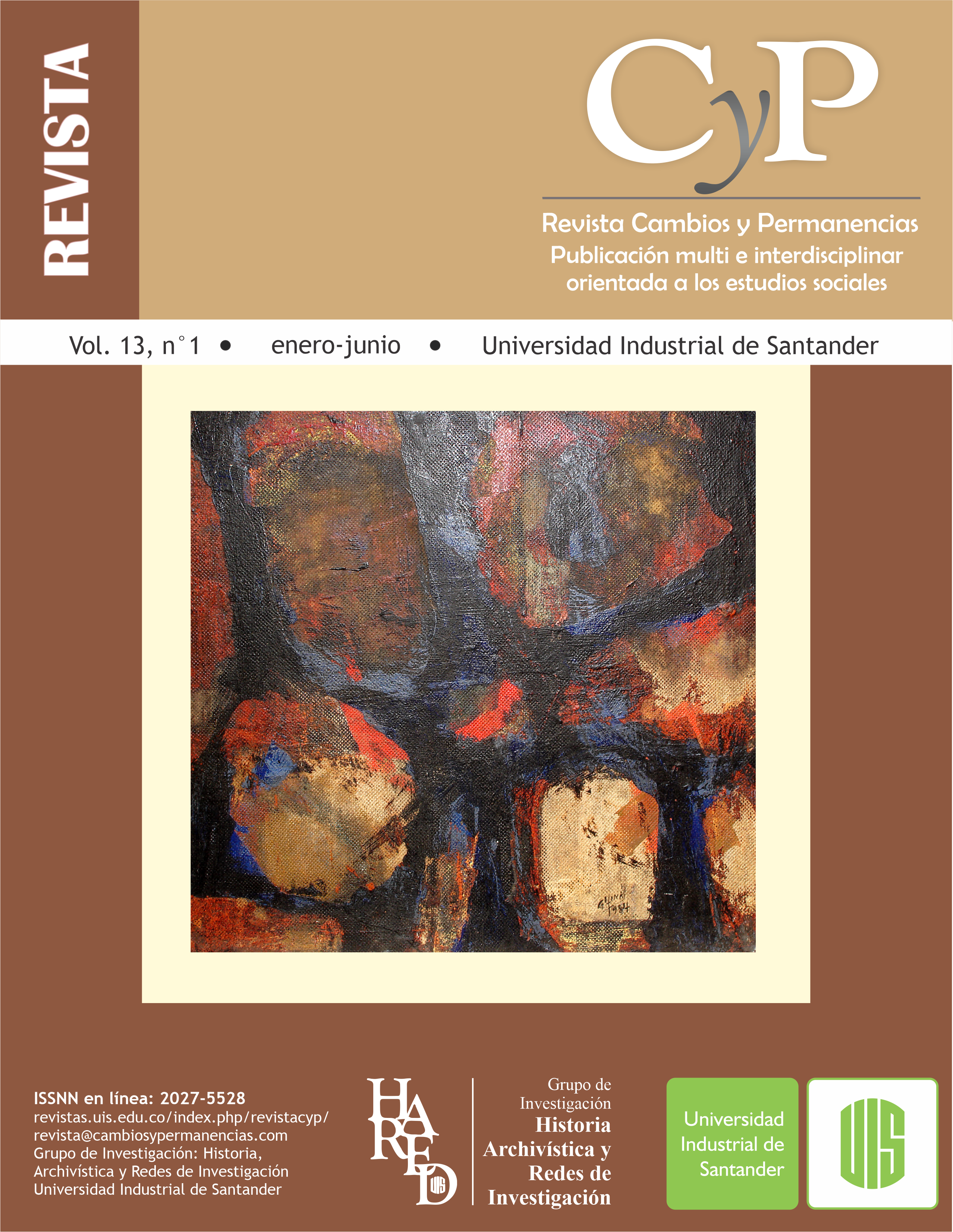Meritocracy and its servant inequality: a justification of privilege by merit
Published 2022-06-05
Keywords
- Merit,
- meritocracy,
- inequality,
- Afro-descendants,
- education
How to Cite
Copyright (c) 2022 Revista Cambios y Permanencias

This work is licensed under a Creative Commons Attribution 4.0 International License.
Abstract
It could be said that regarding the foundations of a theory of symbolic violence that Bourdieu and Passeron introduce in the first book of their theory on Reproduction: Elements for a theory of the education system, it is required for the School Authority, as an institution within the Educational System, to offer an explanation of the introduction of certain rules for its operation. However, as showed by Alatorre, the formulation of the reader's experience is what is going to be put into words regarding the fact of doing philosophy or what may seem like a whole scientific system. From the above, the article presented here is based upon one fundamental question: that of questioning the Colombian educational system and the pedagogic and epistemic principles that orient it, starting from the analysis of the Gesis and Structure of the Bureacratic Field of Pierre Bourdieu, on the relation between the educational system and the system of classes. To carry out this task, and as a strategy to guarantee quality and excellence, we present some of the narratives of both students and teachers from the public university in Bogotá who have differential access to the system.
Downloads
References
- Alatorre, A. (1973). ¿Qué es la crítica literaria? Revista universidad de México, 9.
- Bourdieu, P. (1999). Meditaciones Pascalianas. Anagrama.
- Bunge, M. (1980). Epistemología. Siglo XXI editores.
- Ferrando, J. (1974). Casta, estamento y Clase Social. Revista de Estudios Políticos, 198, 23-66.
- Kreimer, R. (2001). Historia del Mérito. Anarres.
- López, J. (1989). Estratificación social: Fundamentos, teorías e indicadores. Revista de Psicología General y Aplicada, 42(3), 385-393.
- Martin, F. (2014). El concepto de teodicea racional en el pensamiento de Peter L. Berger. Franciscanum, 162(VI).
- Moreno, Á. y Ramírez J. (2003). Introducción elemental a la obra de Pierre Bourdieu. Panamericana formas e impresos
- Pena, V. (2013). Lenguaje y literatura en las palabras y las cosas de Michel Foucault. Nuevo Pensamiento.
- Pérez, J. (2006). Sobre «La miseria del mundo» de Pierre Bourdieu: un análisis de las consecuencias sociales de la globalización económica en el primer mundo. Cuadernos de Trabajo Social, 19.
- Rodríguez, M. (2016). Tensiones para la inclusión real en la educación superior: la institucionalidad desde distintas perspectivas: el caso del programa de admisión especial para estudiantes negros, afrocolombianos, palenqueros y raizales de la Universidad Nacional de Colombia. CLACSO
- Vincent, B. (1991). La crisis política de la Monarquía francesa: las Frondas. Manuscrits, 9.
